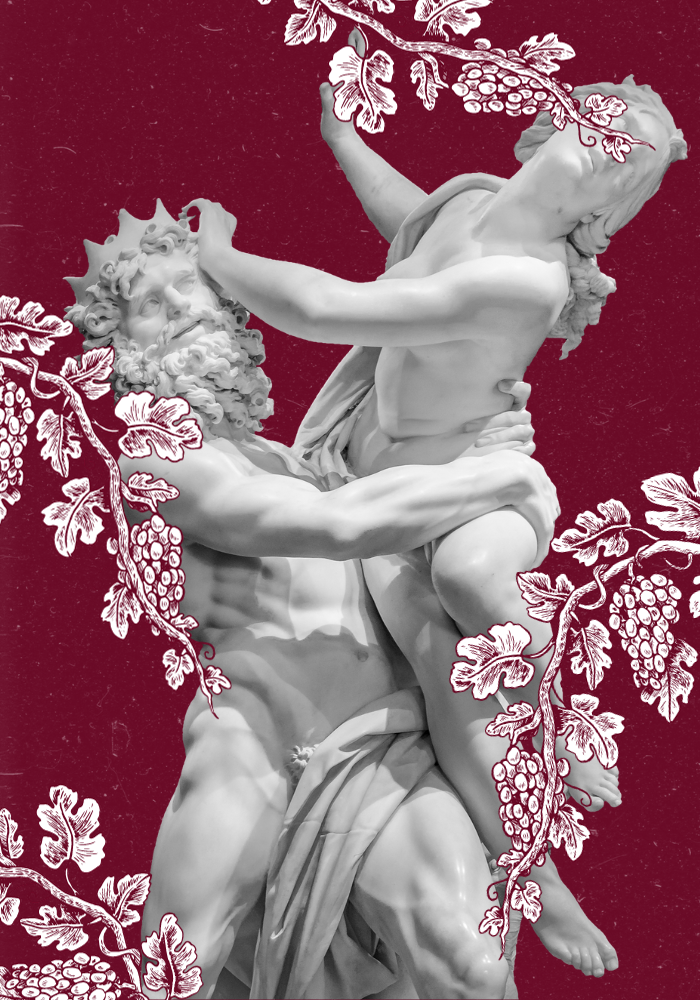Did you know that in Greco-Roman mythology, Pluto is not only the god of death, but also of wealth? Originally, the Romans combined a bunch of Greek gods (Orcus, Dis Pater, and Hades) into the modern Pluto we see today. He was the god of wealth because of the many things stored underground, such as food for the winter, precious stones and minerals, and of course, the ashes and bodies of loved ones. It's interesting - Pluto was actually not seen as a malevolent figure (mostly, but that doesn’t mean you wanted to invoke him or draw his attention), but more as a neutral one at the time. Death is unbiased, after all.
In astrology, Pluto rules over the sign of Scorpio, and the natural eighth house. The eighth house representing the area of our life that involves inheritance, death, taboo, sex, occultism, taxes (death always comes to collect), and the “darker” side of life, such as the seedier or underground. (See how I view the eighth house here.) Scorpio is the zodiac sign most closely associated with loss, transformation, and inner strength and power. It represents our ability to turn the bad into good.
Which is why I think the association with Scorpio is so particuarly interesting. The god of wealth ruling the sign of loss? Well, it certainly makes sense from a mythic standpoint.But not all we lose is a loss, but in fact, a gain. Pluto and Scorpio require us to flip our perspective often, so that we may see beyond the black and white and into the gray. Which is really hard when you're grieving. That's why Pluto can also push us to extremes. I suppose it also goes to serve that all the valuable things in life are things we can lose, even if we take them for granted.
This post is for paying subscribers only
Sign up now and upgrade your account to read the post and get access to the full library of posts for paying subscribers only.
Sign up now
Already have an account? Sign in
